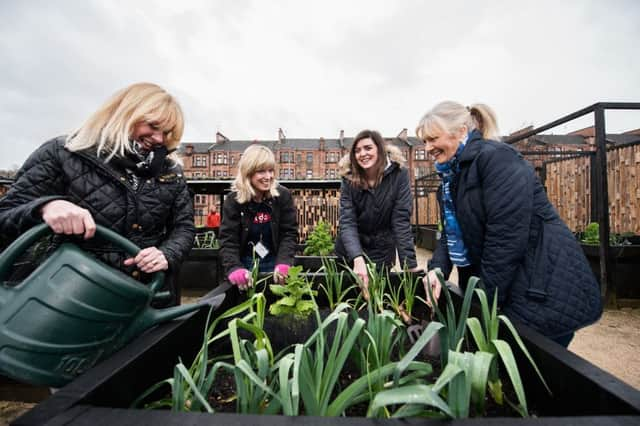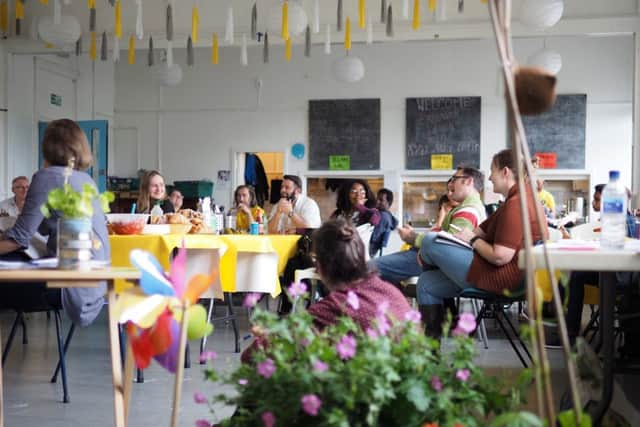Edinburgh and Glasgow plan a community food growing revolution


But now that is set to change thanks to bold legislation which aims to identify land that could be made available for individual or community production of horticultural crops as part of a wider rethink on sustainable food production.
The Community Empowerment Act 2015 included a section explaining that every Scottish local authority must publish a food growing strategy within two years - the countdown beginning when the section was passed into law by secondary legislation.
Advertisement
Hide AdAdvertisement
Hide AdWhile it has yet to be enforced, Scotland’s largest local authority is already planning ahead by speaking with residents on how they can grow food in their own neighbourhoods.


The consultation by Glasgow City Council attracted hundreds of responses from individuals and community groups, the results of which will now be analysed before being presented to councillors.
“We are delighted with the level of response,” a council spokeswoman told The Scotsman. “This shows how excited Glaswegians are about all sorts of food growing opportunities.”
Food growing is classed as anything from domestic gardens to agriculture. It could see public land turned over for community gardens, smallholdings, raised beds, allotments, hydroponic salad growing or even hedges for bramble picking.
Demand for allotments has been growing for several years across Scotland. There are 1488 plots across the Edinburgh, a comparable number to the 1960s.


“The popularity of allotments has soared over the last couple of decades, as people recognise the many benefits allotment gardening can offer in terms of healthy eating, relaxation and social interaction,” environment convener Lesley Hinds announced earlier this year.
“In response to this our third allotment strategy aims to improve and increase accessibility to allotments. As well as investigating new sites ourselves we are keen to see communities take on and cultivate allotments on council land, which we would fully support to help alleviate demand.”
The benefits of encouraging more people to grow their own food include improved physical and mental health, environmental education and improved sustainability.
Advertisement
Hide AdAdvertisement
Hide AdBut this food growing vision extends beyond traditional allotments and could see more social enterprises create larger-scale market gardens.
“Before we start drafting the strategy, we wanted to find out more from communities across Glasgow about what types of food growing they were most interested in, and whereabouts in Glasgow they would like to grow their food, so that the drafting of the Food Strategy is driven by what our citizens are looking for,” the spokeswoman continued.
Among those to respond to the consultation was Locavore, a Glasgow-based not-for-profit social enterprise which has been working since 2011 to help build a more sustainable local food system.
It has already established three organic market gardens which it claims “provide an array for social benefits while being economically viable”.
“Community growing is a great vehicle for bringing communities together to tackle all sorts of issues from improving the safety and value of neighbourhoods, to reducing social exclusion and improving health,” Locavore wrote in its submission to the council.
“Instead of sending our food spending out of the city we can keep it here, where it will be spent again and again.”